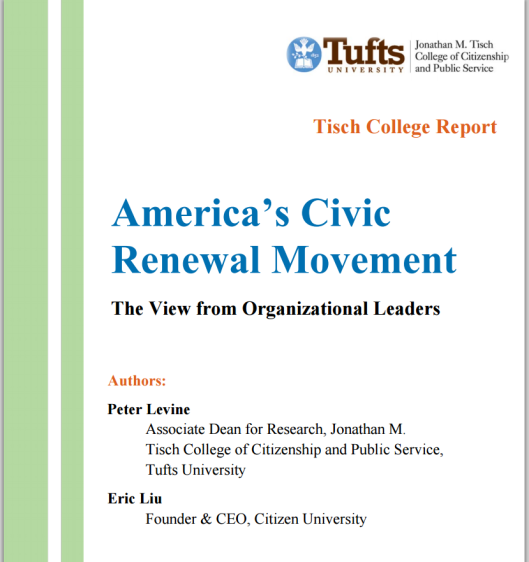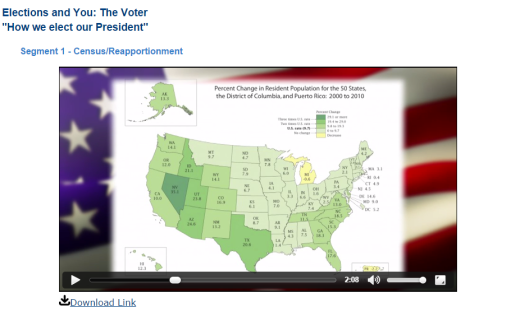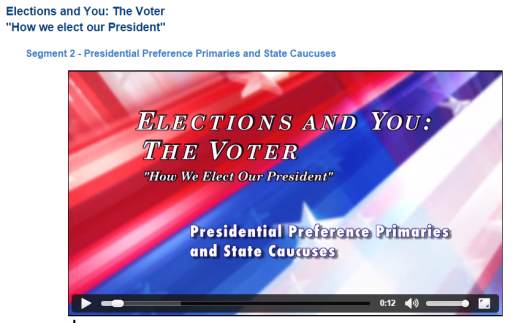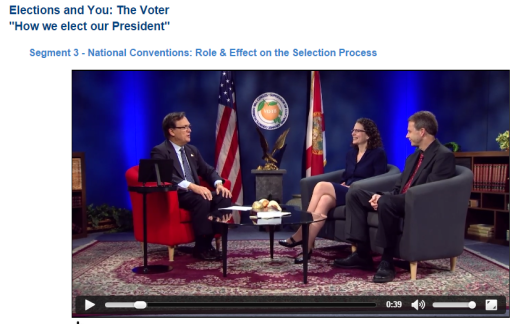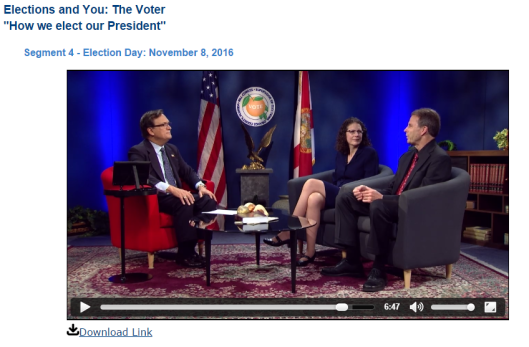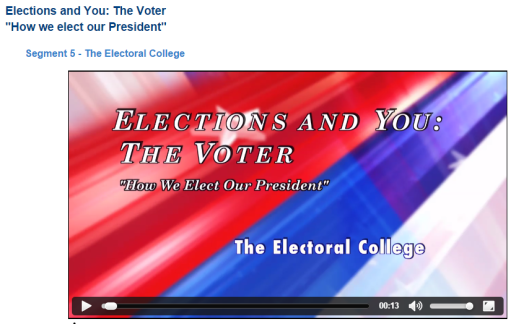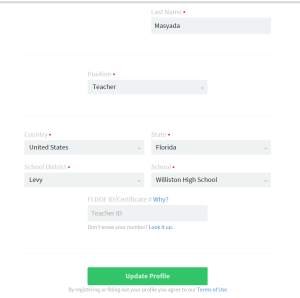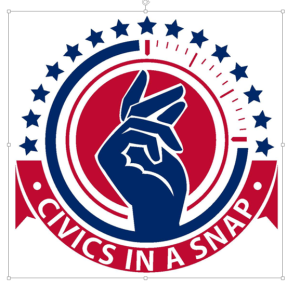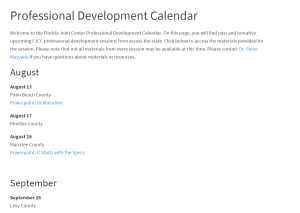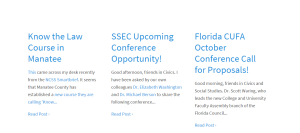Friends, it is time once again to alert you to a fantastic primary source driven conference that is held here at UCF. Dr. Scott Waring, Program Coordinator and Associate Professor for the Social Science Education Program at the University of Central Florida, is organizing his SOURCES conference, and I encourage you to register and attend. Registration is free, and having attended last year’s conference myself, well worth the time. Information on the conference and the registration link is provided below. I hope to see you there!
The Teaching with Primary Sources Program at the University of Central Florida (TPS-UCF) will be hosting the second annual SOURCES Annual Conference at the University of Central Florida on January 16, 2016. The SOURCES Annual Conference is a free opportunity available to any educators interested in the utilization and integration of primary sources into K-12 teaching. Presenters will focus on providing strategies for using primary sources to help K-12 students engage in learning, develop critical thinking skills, and build content knowledge, specifically in one or more of the following ways:
- Justifying conclusions about whether a source is primary or secondary depending upon the time or topic under study;
- Describing examples of the benefits of teaching with primary sources;
- Analyzing a primary source using Library of Congress tools;
- Accssing teaching tools and primary sources from www.loc.gov/teachers;
- Identifying key considerations for selecting primary sources for instructional use (for example, student needs and interests, teaching goals, etc.);
- Accessing primary sources and teaching resources from www.loc.gov for instructional use;
- Analyzing primary sources in different formats;
- Analyzing a set of related primary sources in order to identify multiple perspectives;
- Demonstrating how primary sources can support at least one teaching strategy (for example, literacy, inquiry-based learning, historical thinking, etc.); and
- Presenting a primary source-based activity that helps students engage in learning, develop critical thinking skills and construct knowledge.


